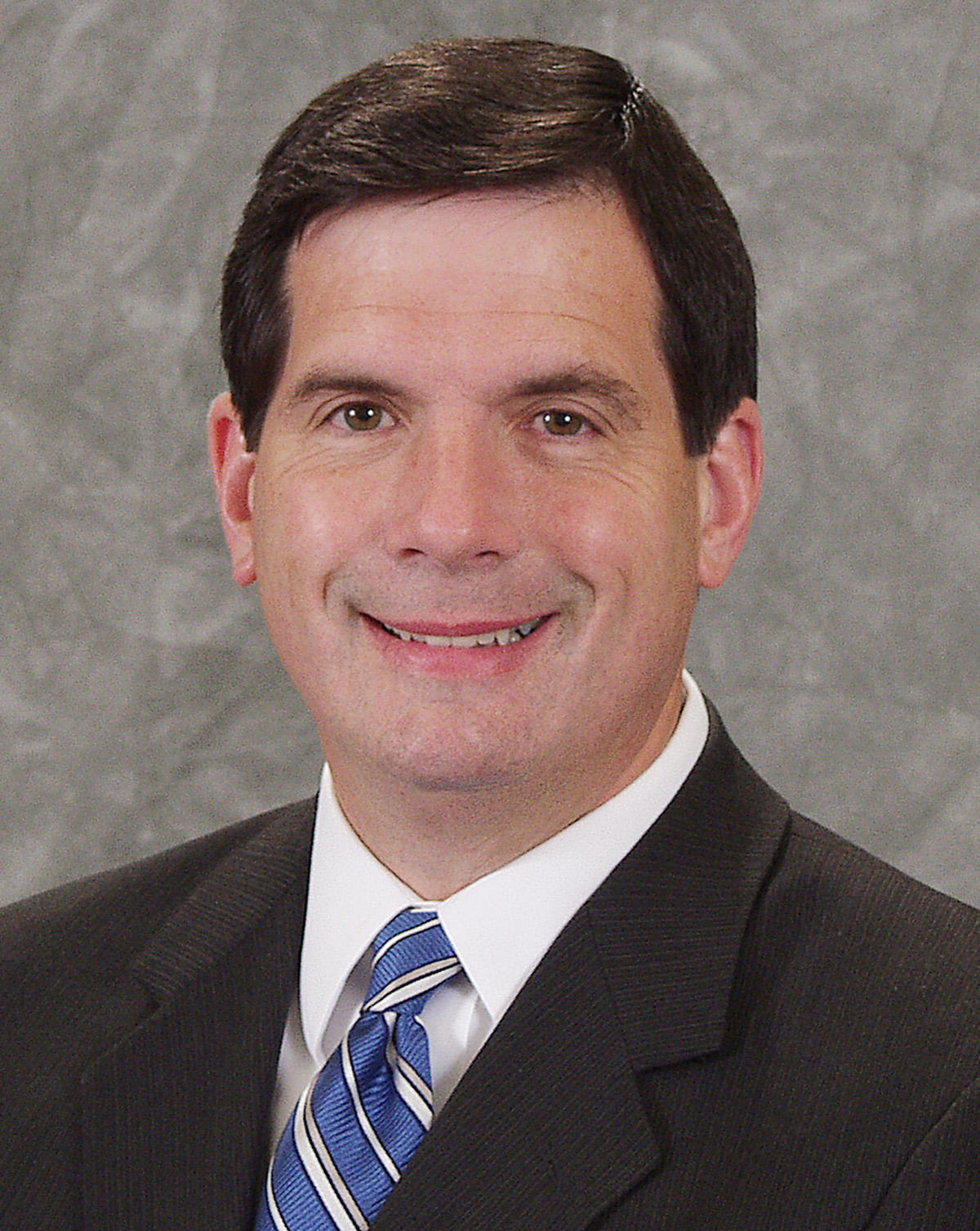
NASHVILLE, Tenn. (BP)–If you have read earlier columns by me, you know that I am deeply concerned about the American church. Evangelistic effectiveness is waning. Biblical illiteracy is growing. And many of the 400,000 churches in the United States seem to be caught up in activities with little purpose of meaning.
You may therefore be surprised that I would even begin to suggest that the American church has reasons for optimism. Indeed, I must be careful in making such claims. Our initial work at the new entity, LifeWay Research, indicates that the American church is still in a mess. I cannot for one moment claim that significant negative trends are reversing. To the contrary, the overall path of churches in our nation is not good.
But what compels me to write about reasons for hope are the exceptions we are discovering in our research. Some of the stories are just too good to neglect. Please allow me to categorize these exceptions as three signs for optimism.
The first sign is that we are finding more churches that are focusing on conversion growth rather than total growth. For years the most heralded churches in America have been those that are growing the fastest numerically. But, upon closer examination, these churches are often growing at the expense of others. This transfer growth, rather than conversion growth, is the source of the large numbers reported by the churches. Still, we are seeing hopeful signs as many church leaders are asking serious questions about their methodologies and theology. They have a growing desire to impact the world of the lost and the unchurched rather than gaining members from other churches.
Though their numbers are relatively few now, I am gratified to see a greater concern among these churches for the lostness of our world. If more church leaders begin to move in this direction, we may truly see a significant evangelistic impact.
Second, in a growing number of churches we are seeing a concern for both meaningful membership and evangelistic outreach. The more common pattern we documented in the past focuses on one at the neglect of the other. In other words, some of the churches with the most focused resources on evangelism have done little to develop new converts into fruit-bearing disciples. Or, in the desire to see decisions, these churches have sometimes produced unregenerate members, or members who are not really Christians.
Yet other churches are focused on regenerate and meaningful membership while neglecting evangelism. The result is a small church of non-evangelistic but otherwise dedicated disciples.
The early findings of our research are encouraging. Imagine what a church could be if it had the fires of evangelism and the devotion to produce true disciples.
A third and hopeful sign is a growing desire for more significant and deeper teaching and preaching. I was recently visiting a church where the pastor of 15 years lamented that many members sitting under his preaching for his entire tenure were still, by their own admission, woefully ignorant of biblical doctrine. I commend him for stating his very clear decision to change the ministry of the church and his preaching ministry so that the riches of God’s Word would be consistently taught and preached.
My lamentations of the past are still valid. The American church as a whole is hardly evangelistic at all. Membership is so inconsequential in many denominations, including my own, that a “good attendance day” is when only half of the purported saints show up. And biblical ignorance among evangelicals is pervasive and worsening.
Yet I have taken careful note of the exceptions. And I do not believe that I am the only person noticing these incredible churches. As more take note, more will emulate them. And in doing so, they will not simply be copying yet another church growth fad or idea. Instead, they will be emulating a healthy New Testament church.
The trends are not significantly sufficient to declare a new direction of the American church. But these exceptions give me hope. Perhaps God is not yet done with our churches. Perhaps the exceptions will become the rule. Perhaps the best is yet to come.
Such is my prayer….
–30–
Thom S. Rainer is president and CEO of LifeWay Christian Resources of the Southern Baptist Convention.
















